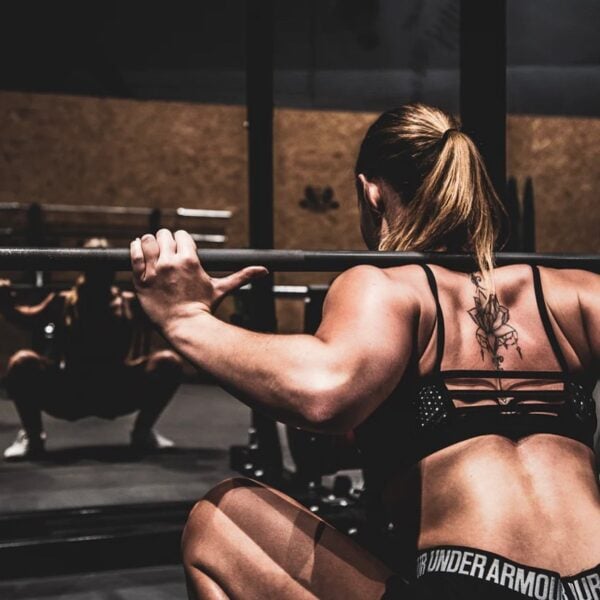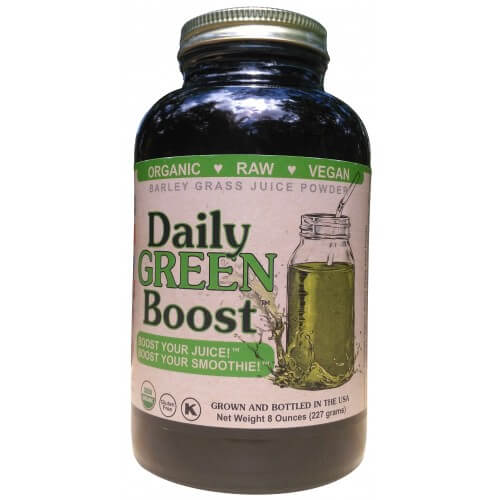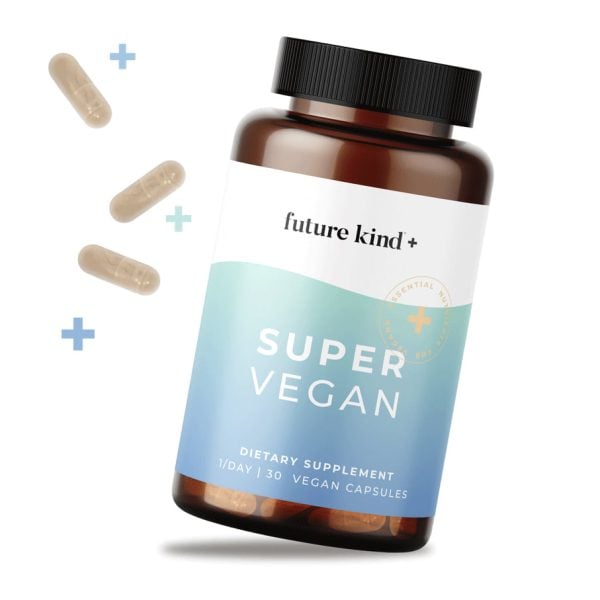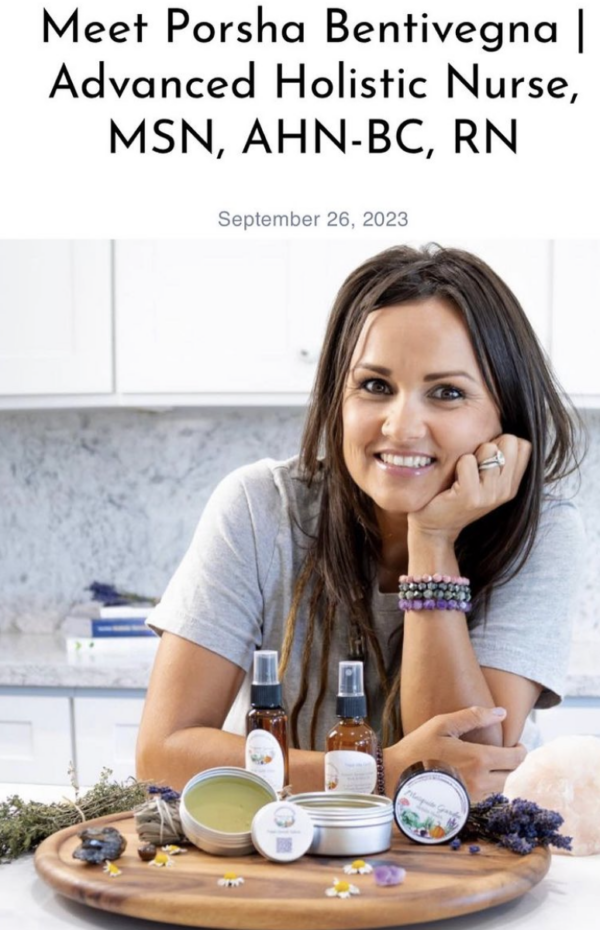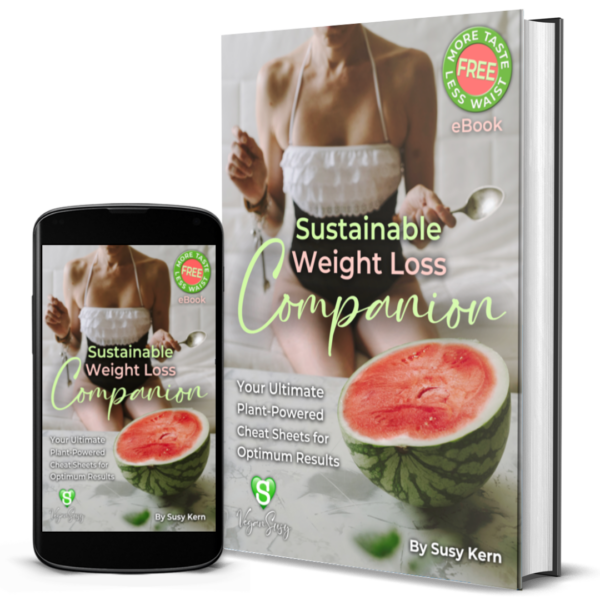
Subscribe to our YouTube Channel
Vegan expert Dr. Neal Barnard reveals: Why are hospitals defying the AMA’s nutrition advice? Which nutrient treats menstrual cramps and infertility? Are carbs and oils actually unhealthy?
Vkind host Dr. Shabnam Islam had the opportunity to sit down for an exclusive interview with Dr. Neal Barnard, who is the founding president of the Physicians’ Committee for Responsible Medicine, a DC-based nonprofit that conducts clinical research and advocates healthy diets for disease prevention. He is also the author of over twenty books, including his most recent book, Your Body in Balance: The New Science of Food, Hormones and Health.What inspired Dr. Barnard’s journey to plant-based medicine
Dr. Barnard grew up in North Dakota, where his grandfather was a cattle rancher. Although his father started out in the business, he did not enjoy it and went to medical school, where he became a diabetes expert. The rest of the family, however, continued eating meat-heavy diets. While Dr. Barnard reports that he had a number of “ah-ha” moments on his journey to veganism, he shared one particularly poignant example from when he worked as an autopsy assistant in the hospital morgue. He and the medical examiner removed the ribs and the heart. As he felt the rock-hard, calcified arteries on the heart, the medical examiner described to him how bacon and eggs had clogged them. Afterwards, Dr. Barnard cleaned up the body, put the ribs back inside and sewed up the chest. Then, it was time for lunch. He went to the cafeteria, where they were serving ribs. Repulsed, he realized that those ribs looked and smelled just like the body he had sewn up. Although he didn’t become vegetarian on the spot, this moment was a turning point for him. As time went on, he began to connect the dots and understand the interconnected issues under the umbrella of the vegan movement.PCRM prompted the American Medical Association’s 2017 resolution to urge hospitals to serve plant-based meals
PCRM advocates for disease-preventing nutrition policies to state and federal governments, as well as to the American Medical Association (AMA). Thanks to their work, the AMA came out with a resolution in 2017 saying that hospitals should be serving plant-based meals. They specifically stated that hospitals should not serve bacon, sausage, ham or hot dogs at all – not to patients, nor staff, nor visitors. This move has helped pressure other hospitals to begin to make changes. Dr. Barnard pointed out that when hospitals serve healing plant-based meals and provide dietary education, patients learn new habits and even bring them home to their families. Doing so tackles health disparities as well because hospitals are the largest employer in many communities. So, a hospital influencing staff, patients and visitors can change their health and the health trajectory of generations to come. As Dr. Barnard pointed out, the equivalent battle a generation ago was to ban cigarettes from hospitals. Now, of course, this seems so common sense that it’s laughable. But today, we have more than enough evidence showing the harmful impacts of animal-based foods.The reason most hospitals don’t offer plant-based meals, against the advice of the American Medical Association
However, five years after the AMA released its resolution urging hospitals to serve plant-based meals, the vast majority of hospitals have yet to implement this practice. What’s the hold up? Unfortunately, the primary issue is that many private, for-profit hospitals want satisfied, repeat customers. They’re afraid that limiting or not offering animal-based products will turn away their clientele. While the hospital where Dr. Barnard works, George Washington Hospital, is for-profit, they have been intentional to offer plant-based meals as an option all the time. But one hospital system that went above and beyond what they were doing is the public New York City Health and Hospital. When veg-leaning Eric Adams became mayor, he spearheaded the transition for New York City’s hospitals. There, food service staff offer all patients multiple plant-based meals. If a patient declines one option, they’re offered even more plant-based choices. Buttons on staff uniforms and even computer screensavers proudly promote plant-based diets.Doctors influence patients, but patients also influence doctors
Like these examples show, the plant-based message is often spread through a top-down approach of doctors influencing patients. Other times, it’s through a bottom-up approach of patients influencing doctors. When non-plant-based doctors see patients have success with weight loss or going off diabetes medications, they can be inspired to try recommending plant-based diets to other patients as well.Free Resources from the Physicians’ Committee for Responsible Medicine
PCRM has developed a wealth of resources to support both health professionals and patients in their journey to becoming plant-based. They offer a free app called 21 Day Vegan Kickstart, which includes menus, recipes and cooking videos in English and Spanish. In addition, they have assembled a series of classes in English, Spanish, French and Mandarin called One Healthy World and a free program called Fight Diabetes with Food. At Dr. Barnard’s practice at George Washington hospital, he and his staff offer “Food Instructions” handouts with QR codes that take patients to fun cartoon videos about reversing lifestyle diseases.Discussion of Dr. Barnard’s newest book: Your Body in Balance: The New Science of Food, Hormones and Health.
As readers learn in Dr. Barnard’s newest book, Your Body in Balance, food impacts our hormones, and our hormones cause many health issues common in our society. The key to addressing hormonally-driven conditions like infertility, some cancers, and severe menstrual cramps? Fiber! How it works is this: The liver filters blood and removes excess estrogens, which drive female cycles. Fiber helps prevent these conditions by binding to excess estrogens, carrying them out and thus leveling hormones. This improves cramps and even reduces breast cancer risk. Furthermore, only plant foods have fiber. When plant based foods make up most or all of your diet, it reduces diabetes, weight gain, and heart problems because it cuts out cholesterol and most saturated fat and adds high quantities of fiber.How dairy impacts hormone levels and disease
When it comes to the impact of animal products on hormone levels, dairy might be the worst offender. As dairy raises estrogen levels, it is correlated with infertility, menstrual pain, some cancers and diabetes. Because cows make estrogen all the time but even more when pregnant, their milk is laden with estradiol – the most powerful form of estrogen. That means that all dairy milk, cheese, yogurt and ice cream is full of female sex hormones. Numerous studies have linked dairy consumption with breast cancer risk in particular, as well as prostate cancer. Does the dairy industry know this? Of course. Do they intentionally hide this information from consumers? Of course.Measure health with body composition, not BMI
Dr. Barnard and Shabnam (a clinical exercise physiologist herself) discuss how BMI is a misleading measure of obesity. The issue is that it does not consider the varying impact of lean muscle mass versus fat mass. Fat cells are hormone factories, as they convert testosterone into estradiol. So, excess fat cells negatively impact health as they convert male to female hormones. Adding in dairy means adding even more female hormones. This means that a more effective measure of health is to focus on body composition (lean muscle mass: fat mass) rather than BMI.The Carbohydrate Fallacy
One of the most pervasive nutritional myths is that carbs make you fat. Yet the most powerful way to prevent weight gain and reduce blood sugar relies on whole-food plant-based carbohydrates. Consider this: carbs from bread, a sweet potato, an orange, or even straight sugar only have four calories in every gram. In contrast, fat packs in 9 calories per gram. While the Mediterranean diet has received much media attention for being a healthful diet, it’s only healthful in comparison to what most people in the U.S. eat – the Standard American Diet. The Mediterranean diet still includes cholesterol and saturated fat from chicken, fish, dairy and refined oils. Studies have shown that in comparison to a vegan diet, it doesn’t perform nearly as well on helping people lose weight or lower their cholesterol. Although some people do indeed lose weight on a keto diet, their cholesterol levels are typically off the charts. And regardless of how healthful your food is, if you eat fewer calories, you’ll lose weight. But what Dr. Barnard and the research recommends eating all the whole-food plant-based carbs you like. At only four calories per gram, they are the most effective at helping people feel good, lose weight and live the longest, healthiest lives.Why limit oils? Because sugar is to sugarcane as oil is to olives
Many people have a hard time believing that oils like olive oil aren’t exactly healthful. Dr. Barnard puts it this way: you couldn’t eat twenty-five sugar canes because they have so much fiber. But factories extract the sugar and throw away the fiber, meaning we can ingest high quantities of sugar quickly. It’s the same thing with olive oil. We wouldn’t naturally eat many olives because the fiber and pulp would fill us up. But making olive oil means concentrating the oil and throwing away the pulp. Although olive oil is still much better than butter or animal products, it is still very calorie dense and can have other negative effects.Dr. Barnard’s simple advice
After forty years of living and breathing plant-based medicine, Dr. Barnard is most proud having given people tools to improve their lives. He advises, “The body is fragile and you won’t live forever. But, if you put the right fuel in the tank… [you can] stay young as long as you can!” Eating plant-based isn’t just about living longer. It’s about living better – so you can play with your grandkids or play in a rock and roll band at whatever age you are. As a vibrant almost-seventy year old, Dr. Barnard is an inspiring example of the quality of life we can maintain by eating plant-based.
_________________________
JOIN THE VKIND COMMUNITY Download the Vkind app on the App Store or Google Play to create your social profile and start sharing reviews of vegan businesses, watch original content, and explore the plant-based world with your friends!
JOIN THE VEGECONOMY Are you a vegan brand owner or professional? Add your listing to our business search platform to get more eyes on your vegan enterprise.
TAKE THE VEGECONOMY PLEDGE Take the VegEconomy Pledge to show support for sustainable business practices and make a commitment to Spend Like You Give A Damn.
WATCH & LEARN Subscribe to our YouTube channel for our latest shows, live events, interviews, videos, news, secret giveaways & more!
STREAM “PEELED”, THE ALL-VEGAN COOKING COMPETITION SHOW Produced by Vkind Studios in a limited 3-part web series, Peeled is the award-winning all-vegan cooking competition show that’s on a search to find “America’s Hottest Vegan Chef”.
FOLLOW & SHARE Our content is always entertaining, educational, and inclusive. Follow us everywhere on social media!
SHARE VEGAN RECIPES Share your delicious vegan recipes with the Vkind Community on our app and website.
SUBSCRIBE TO OUR NEWSLETTER
Vkind Vibes is our popular weekly newsletter where we share the latest news, tastiest recipes, and hottest trends impacting the VegEconomy. SUBSCRIBE NOW!
WANT MORE?
JOIN US AT VKX 2024! The Vkind Experience (VKX) 2024 invites plant-curious guests to embark on an immersive adventure featuring chef-curated gourmet food flights, signature drinks, captivating visuals, and mesmerizing performance art.JOIN THE VKIND COMMUNITY Download the Vkind app on the App Store or Google Play to create your social profile and start sharing reviews of vegan businesses, watch original content, and explore the plant-based world with your friends!
JOIN THE VEGECONOMY Are you a vegan brand owner or professional? Add your listing to our business search platform to get more eyes on your vegan enterprise.
TAKE THE VEGECONOMY PLEDGE Take the VegEconomy Pledge to show support for sustainable business practices and make a commitment to Spend Like You Give A Damn.
WATCH & LEARN Subscribe to our YouTube channel for our latest shows, live events, interviews, videos, news, secret giveaways & more!
STREAM “PEELED”, THE ALL-VEGAN COOKING COMPETITION SHOW Produced by Vkind Studios in a limited 3-part web series, Peeled is the award-winning all-vegan cooking competition show that’s on a search to find “America’s Hottest Vegan Chef”.
FOLLOW & SHARE Our content is always entertaining, educational, and inclusive. Follow us everywhere on social media!
SHARE VEGAN RECIPES Share your delicious vegan recipes with the Vkind Community on our app and website.



